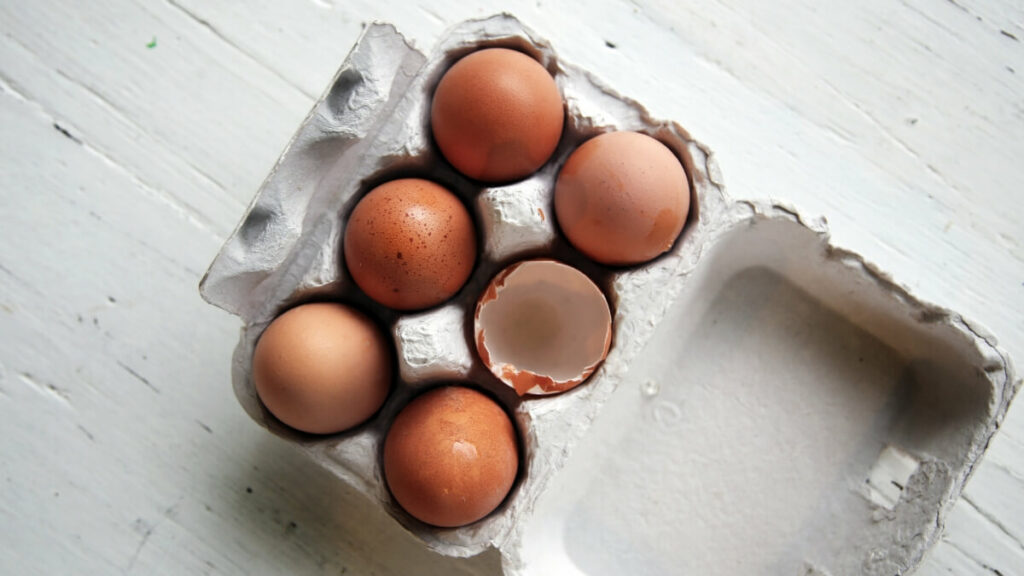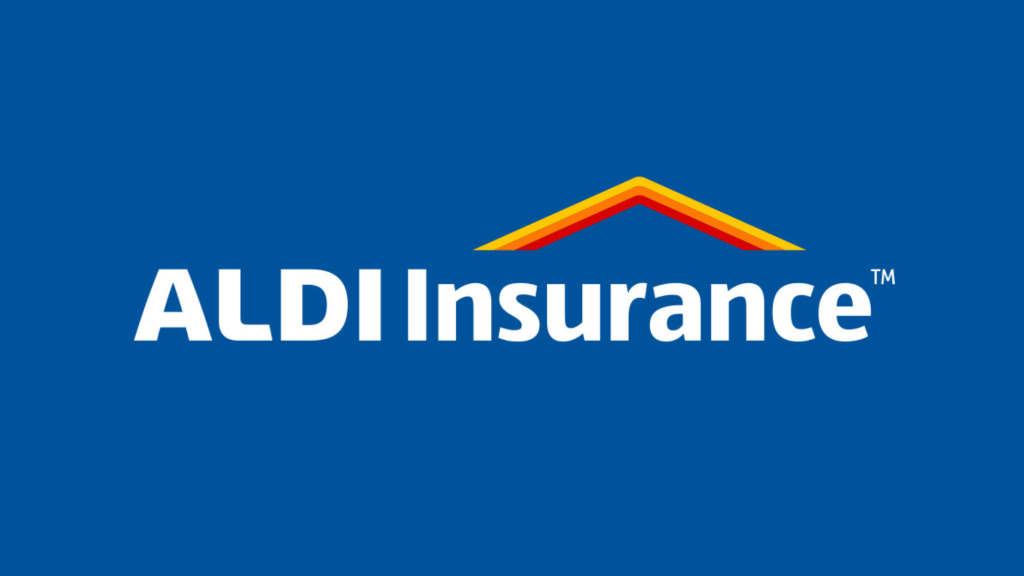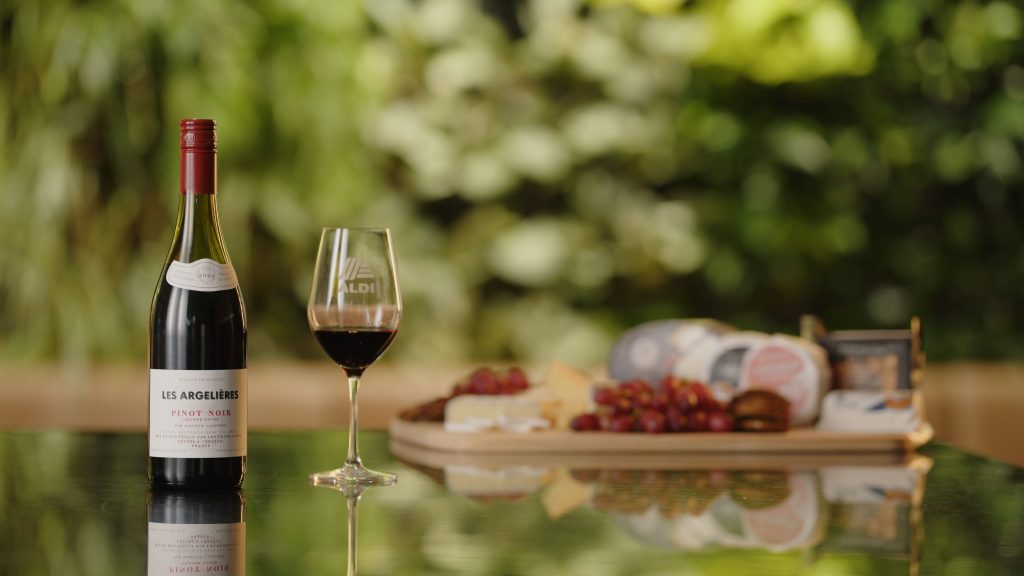In 2016, ALDI pledged to phase out the sale of Cage Eggs by the end of 2025. We committed to a cage free future because we take animal welfare seriously. This means we don’t employ animal testing, we adhere to the globally recognised ‘Five Freedoms’ for farm animals, and we offer our customers a range of barn and free range options (if you’re not on top of your egg varieties, we’ve broken it down at the end of this post for you). We also recognised that consumer preferences were shifting, with more and more of our shoppers choosing to purchase Barn or Free Range eggs over the Cage variety.
From consulting with our suppliers, we know that switching to cage free production is not going to be easy. We’re working closely to support them along the way. Partnering is a fundamental way of doing business with us. But we’ve actually found that egg farmers have embraced the challenge wholeheartedly.
So far, so good
Since committing to a cage free future, cage eggs now only account for approximately 50% of our egg volume.
“This is a complex process and requires significant planning and capital investment to achieve. But many of our producers have already started building new and incremental cage free facilities as volumes grow and customers shift to Barn and Free Range varieties,” said Dean Fleischmann, Buying Director, ALDI.
“ALDI has formulated a long-term transition plan which allows for existing assets to be operated for the remainder of their useable life, while providing the certainty to invest in future cage free build projects,” says Fleischmann.
Eggs explained
Cage Eggs
Hens are housed in cages inside a shed with constant access to feed and water.
Barn Eggs
Hens live in a large shed and are free to roam within it.
Free Range Eggs
Hens live in a large shed and have access to an outdoor area during daylight hours. Up to 10,000 hens per hectare are permitted in accordance with ACCC requirements.
Our decision to remove cage eggs from shelves has also been recognised by the RSPCA. The ‘Cage Free and Proud’ campaign highlights well known Australian brands that have committed to going cage free.
Where to from here?
Notwithstanding our early successes, there is still a lot of work to be done before ALDI can claim to be completely cage fee. However, we are confident that we are well on our way thanks, in very large part, to a group of suppliers who share ALDI’s commitment to phasing out the sale of cage eggs by the end of 2025.
We’re confident moving to cage free is the right thing to do for our business and our customers. We also think it will be good for farmers. For a start, farmers will be producing and selling free range and barn varieties that are growing in demand, compared to cage eggs that have seen a significant decline in the total market over the past 18 months.
By committing to a workable timeframe, farmers are able to implement necessary changes to operation processes and business functions overtime, in order to plan for future demand of cage free eggs.





